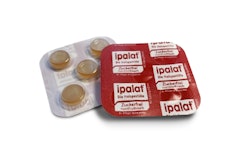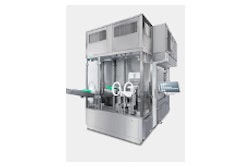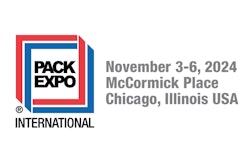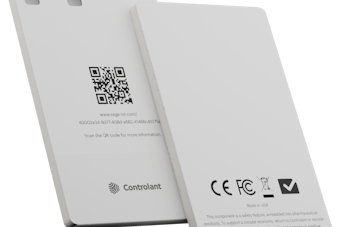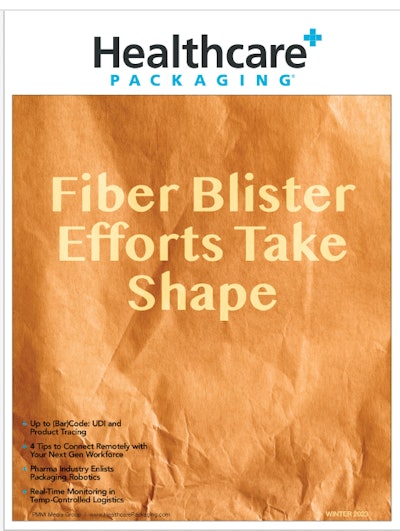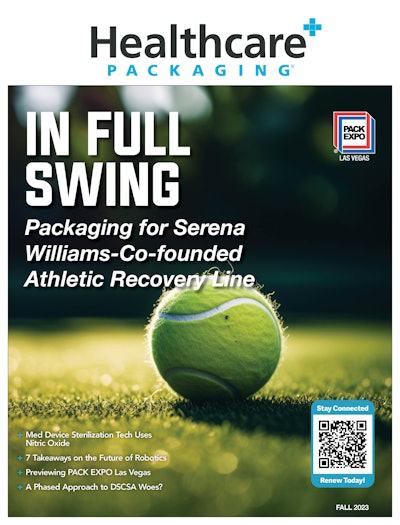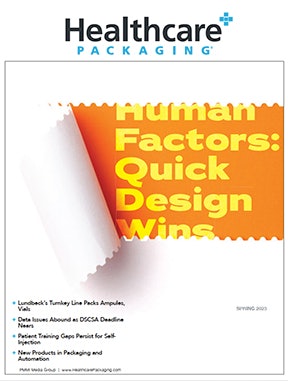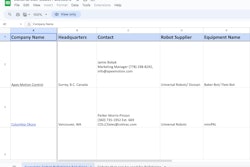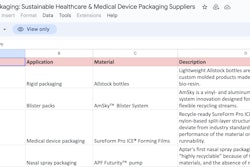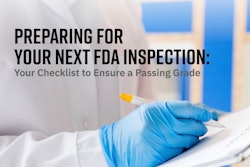
LAWS
FDA is more than a year into an Action Plan to push more generic drugs through its approval system more quickly.
A pioneer drug is the first one to gain FDA approval for a particular chemical for a particular use, and generics have the same chemical and use but are made by other companies, usually after the pioneer’s patent runs out.
When more generic drugs get to market, and get there more quickly, the effect can be lower drug prices for consumers. That’s because competition breeds lower prices, certainly in theory and often in practice.
FDA has taken a number of steps already but there are two initiatives included in the agency’s budget proposal for next year that are aimed at furthering the cause:
First, a new way to review drugs, the Knowledge-aided Assessment & Structured Application platform, which changes the new drug application review process by changing to data-based assessments instead of text-based assessments, the agency says. “This will allow the FDA to provide earlier feedback to generic drug makers that will, in turn, help to reduce multiple cycles of application review,” says FDA commissioner Dr. Scott Gottlieb in a written statement. Those multiple cycles are a big reason for delays in FDA reviews, he notes. Having all that data in digital form will make for swifter information management, too.
Second, they’re tackling the dilemma of keeping brand drugs and their generic equivalents on equal footing when it comes to label content, after products are out on the market and as use patterns yield reasons to add new and different warnings and other information to product labels. Generics are supposed to have pretty much the same labels as the brand drug but the brand drug maker usually bears “the burden to update the labeling with new safety and effectiveness information” after a drug is out on the market, Gottlieb says.
If the brand company gets off the market, though, “they also stop updating their labeling,” and “This can stymie the ability to modernize generic labels.” When these products lack current labeling information on drug benefits and risks, healthcare providers could use them less, he says. Therefore, FDA is going to get more active in the area of calling for some kinds of labeling changes for generic drugs, specifically oncology drugs at first, and other types later.
EFFECT
These initiatives have the look and feel of regulatory actions that could be very helpful. It certainly appears as if these planned FDA actions have a good chance of achieving beneficial results for patients and for the regulated industry. Hey, they even got money from Congress for these new initiatives.
Once again, we see the FDA commissioner making sure his agency is being both active and effective, a place where experts get deep into the weeds of the effects of the agency’s policies, and change or streamline procedures to help it achieve the goals Congress and the public want it to achieve. He demonstrates that when illogical or excessive regulations are a concern, smarter regulation is often a better solution than no regulation.
Finally, don’t look now, but encouraging generic drug development helps packaging: More and different drug products means more packaging needed from more packagers.
INFORMATION ONLY. NOT LEGAL ADVICE





